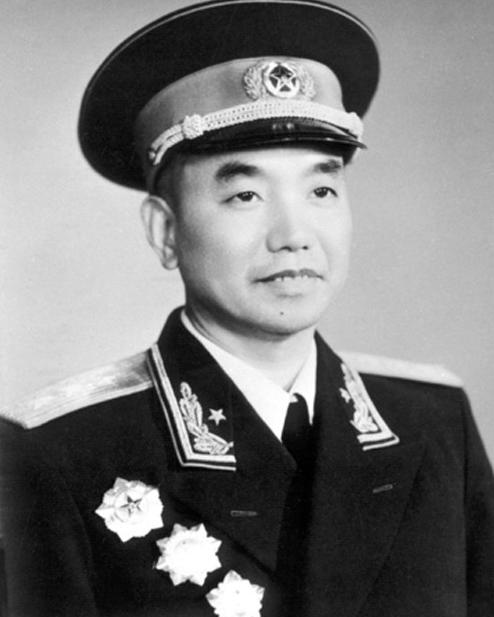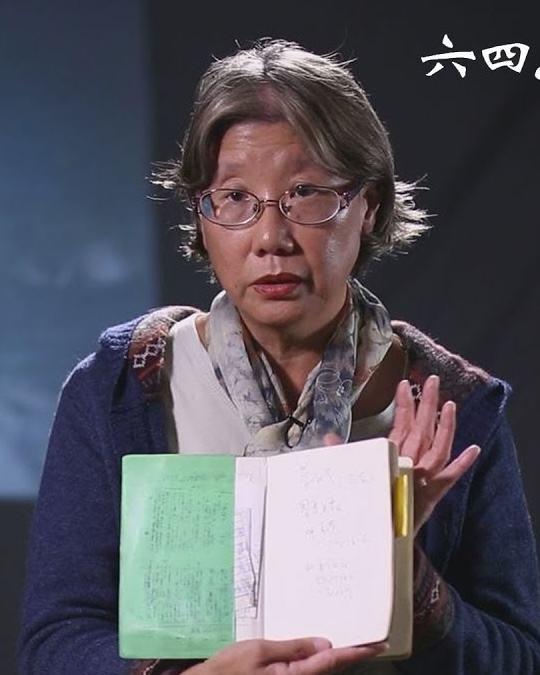
Choi Suk Fong
Choy Suk Fong was a reporter for Sing Tao Daily. In April 1989, two years into her career, Choy was stationed in Beijing to cover the 70th anniversary of the May Fourth movement, which coincided with the outbreak of the 1989 pro-democracy movement. During her forty days in Beijing, she witnessed the protests and the suppression, and completed dozens of news reports. After coming back to Hong Kong, she continued to participate in social movements as a human rights activist and volunteer.
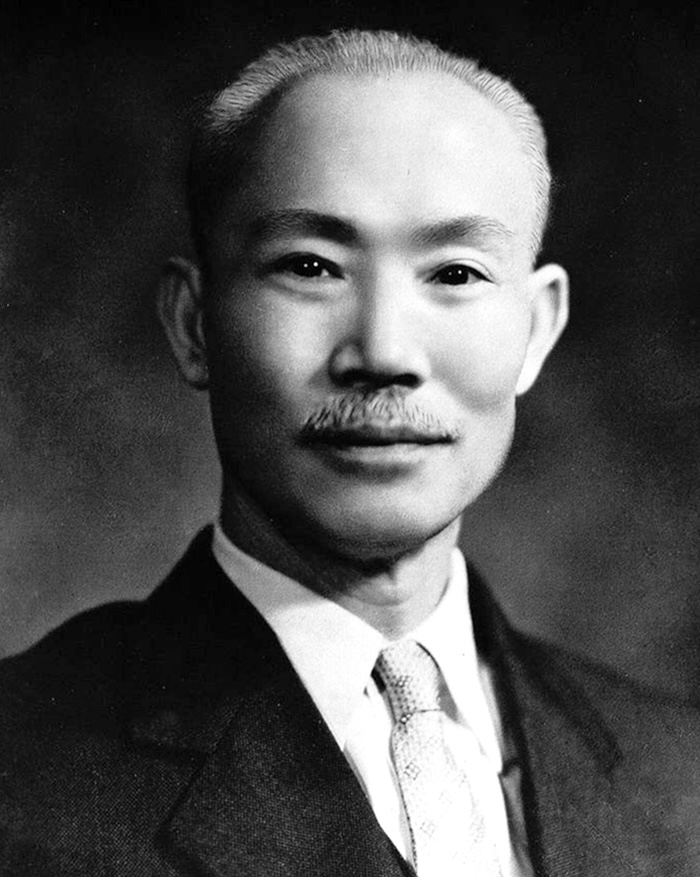
Chen Cheng
Chen Cheng (January 4, 1898 - March 5, 1965), a native of Zhejiang Province, enrolled in the Baoding Military Academy in 1919, joined the Chinese Nationalist Party in 1920, was assigned to the Zhejiang Army after graduating in June 1922, and then left to join the Guangdong Army in Guangzhou, where he become a captain and served as a guard for the Grand Marshal's Office of Dr. Sun Yat-sen. In June 1924, the Whampoa Military Academy was formally established, and Sun sent Chen to the Academy for training because of his outstanding performance in battle. Chen participated in the National Revolutionary Army's Eastern Expedition, the Northern Expedition, the two Chinese civil wars and the Second Sino-Japanese War, and served as Corps Commander, Field Army Commander-in-Chief, Chairman of the Hubei Provincial Government, and Chief of Staff of the Ministry of National Defense. After arriving in Taiwan, he served as Governor of Taiwan Province, Chief Executive, Vice President, and Vice Chairman of the Kuomintang. He died of liver cancer in 1965.
In 2005, the Academia Historica of Taiwan published *Chen Cheng's Memoirs*, a six-volume series covering Chen’s memories of the Northern Expedition, the Chinese Civil War, the War Against Japan, and his time in Taiwan.
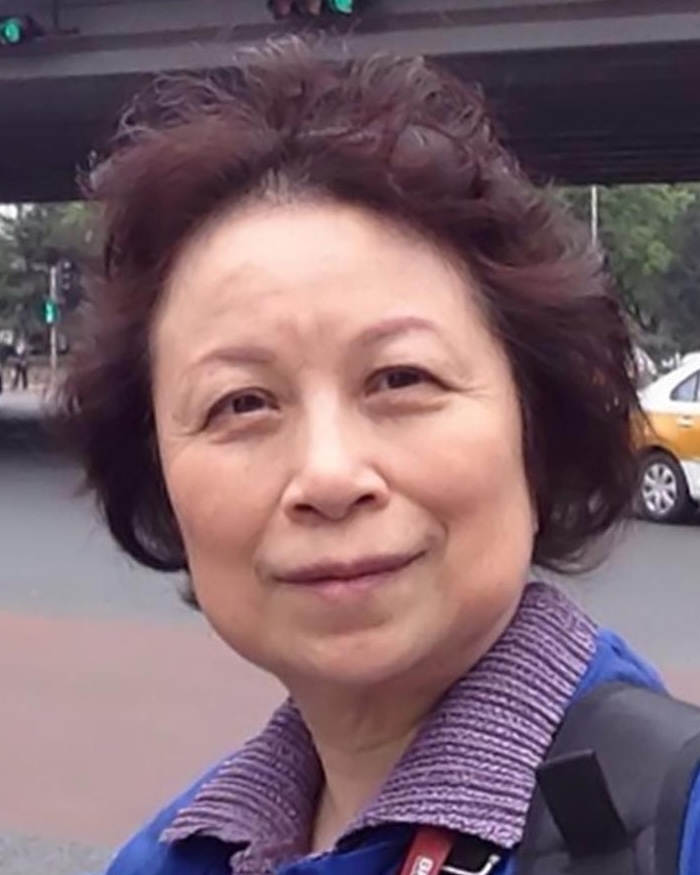
Chen Xiaoya
Chen Xiaoya (1955- ), a native of Changsha, Hunan Province, graduated from the Department of History at Hunan Normal University in 1982, worked as an editor and reporter, and then joined the Institute of Political Science of the Chinese Academy of Social Sciences as an associate researcher. In 1996, she published History of the 1989 Democracy Movement: A Panoramic Record and Contextual Analysis of the 1989 Tiananmen Incident in Taiwan, for which she was then dismissed from her job. However, she insisted on continuing her research, collecting information, conducting interviews, and expanded the original book to three volumes totaling more than 1.36 million words. In January 2019, Chen Xiaoya planned to travel abroad, but was stopped at the border and restricted from leaving the country on the grounds that she might jeopardize national security.
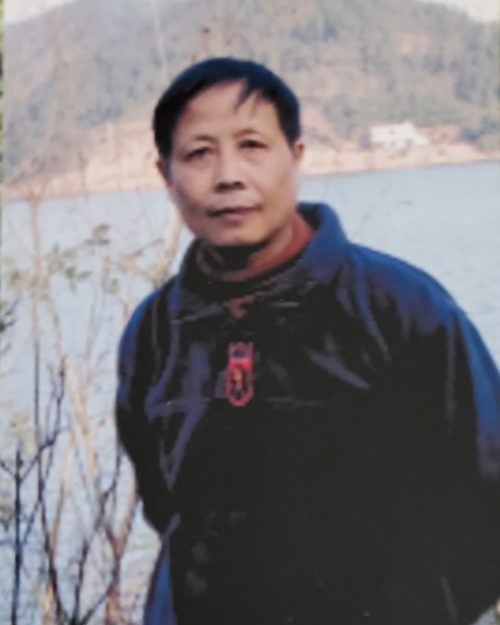
Dong Fu
Dong Fu (pen name of Wang Dongyu), was born in 1951. His father was a veteran CCP cadre who was earlier a member of the underground party and later in charge of economic policy. In 1969, Dong Fu went to the countryside as a send-down youth, and in 1970 he enlisted in the army, where he served as a press officer, and later as an editor of the Chengdu Military Region's *War Flag* newspaper. After the Cultural Revolution, he studied in the Journalism Department of Sichuan University, later became the director of the editorial office of the *Ethnicity and Nation* magazine, and has been engaged in writing ever since.

Liao Yiwu
Liao Yiwu (August 4, 1958-), born in Yanting County, Sichuan Province, is a writer and poet now based in Berlin.
During the 1989 pro-democracy movement in China, wrote a long poem entitled “The Massacre” on the day before the June 4 massacre, and later planned with his friends to make a film to commemorate the victims of June Fourth. He was prosecuted for counter-revolutionary propaganda and incitement crimes and sentenced to four years in prison.
After his release from prison, Liao continued to write, publishing several books such as <i>The Corpse Walker</i> and <i>Earthquake Insane Asylum</i>. His books have been banned in mainland China, and he himself has been harassed by the authorities, having his home raided, he himself arrested and restricted from leaving the country.
In 2011, Liao Yiwu fled China and went into exile in Germany, and the next year won the prestigious <a href="https://www.friedenspreis-des-deutschen-buchhandels.de/en/the-prizewinners/2010-2019/liao-yiwu">German Book Trade Peace Prize</a>. He has published a number of books, some of which he was not able to publish in China and some he wrote after leaving China, including <i>For a Song and a Hundred Songs</i> (recounting his experiences in prison), <a href="https://www.harpercollins.com/products/god-is-red-liao-yiwu?variant=32216087789602"><i>God is Red</i></a> (persecution of Christians in China), and recently <i>Wuhan</i> (a creative nonfiction about the COVID-19 epidemic).

